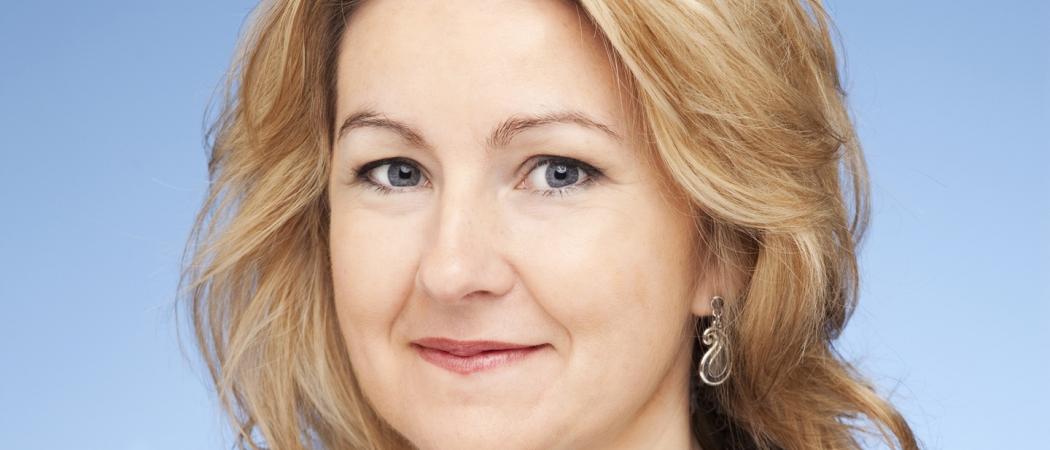Clinical trials are fundamental to the development of new treatments for cancer, but annual accrual to studies worldwide is low, at an estimated at three to five percent.

The study was authored by medical oncologist Catherine Kelly, of the Mater Misericordiae University Hospital in Dublin
A nationwide study in Ireland indicates that although most cancer patients consider it important to have clinical trials available, many struggle with the central concepts that underpin trial methodology.
“As a medical oncologist, I have experienced situations where patients have declined clinical trial options because of misconceptions about them,” said study author Catherine Kelly, of the Mater Misericordiae University Hospital in Dublin. “To improve participation in clinical trials, we need to understand the factors influencing patients’ decisions about taking part.”
In the course of the study, 1,090 adult patients being treated at one of 14 oncology centres across Ireland filled out anonymised questionnaires in which they were asked to evaluate statements about clinical trials and research. The findings were presented at the European Society of Medical Oncology (ESMO) meeting in Madrid, which concludes today (12 September).
“Consistent with previous studies, the concepts of chance and randomisation posed difficulties to a significant proportion of patients. Over half of previous clinical trial participants and 73 per cent of those who had never been on a cancer clinical trial did not understand that in a randomised trial, the treatment given was decided by chance,” Kelly said.
“We also found that most patients did not understand clinical equipoise: the fact that no one knows which treatment is best. Surprisingly, this was more marked in previous clinical trial participants, 60 percent of whom believed that their doctor would know which study arm was best.”
Patients need to understand these key concepts to provide informed consent to participating in a trial. “Doctors explaining [these concepts] well is essential to alleviating any fears that might prevent patients from participating,” said Kelly. “For example, many didn’t realise that clinical trials are not just an option for when standard treatment has failed.”
Bettina Ryll, Chair of the ESMO Patient Advocates Working Group said the question of whether patients understand clinical trial methodology is a very valid one. “What makes this study so interesting is that more than a quarter of the patients questioned had actually been on clinical trials before,” she said.
“However, I was surprised at the median age of the cohort: 60 years. It would be interesting to compare the data collected with younger patients who access information in a different way, Ryll said. “I would also expect to see differences across tumour groups. Among breast cancer patients, for instance, who make up almost a third of the study cohort and for most of whom there is a well-established standard of care, clinical trials are likely to be of less interest than among lung cancer patients, for whom the standard treatment is less effective.”
It is important to consider that patients and physicians approach clinical trials from different perspectives, Ryll said. “For example, the concept of randomisation is one that many patients question from a moral standpoint.”
Equipoise, by contrast, may be a laudable moral concept, but it is difficult to uphold if the results of earlier trials are already known: finding out whether a treatment is, say, 51 per cent better or only 49 per cent, may matter to an health technology assessment agency, but not to a patient.





 A unique international forum for public research organisations and companies to connect their external engagement with strategic interests around their R&D system.
A unique international forum for public research organisations and companies to connect their external engagement with strategic interests around their R&D system.